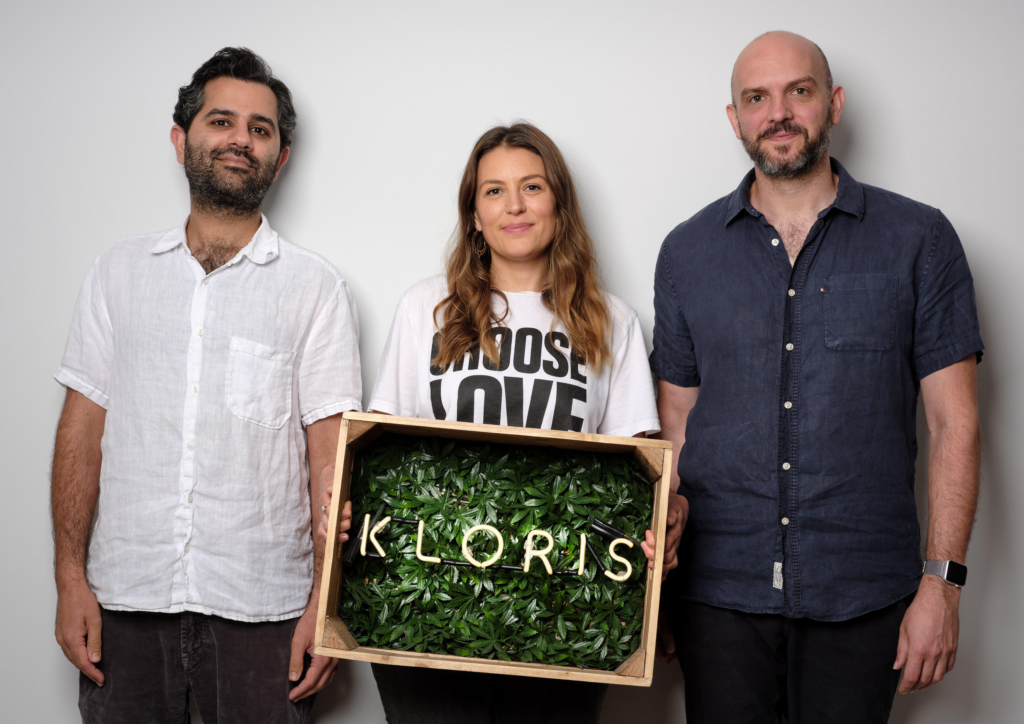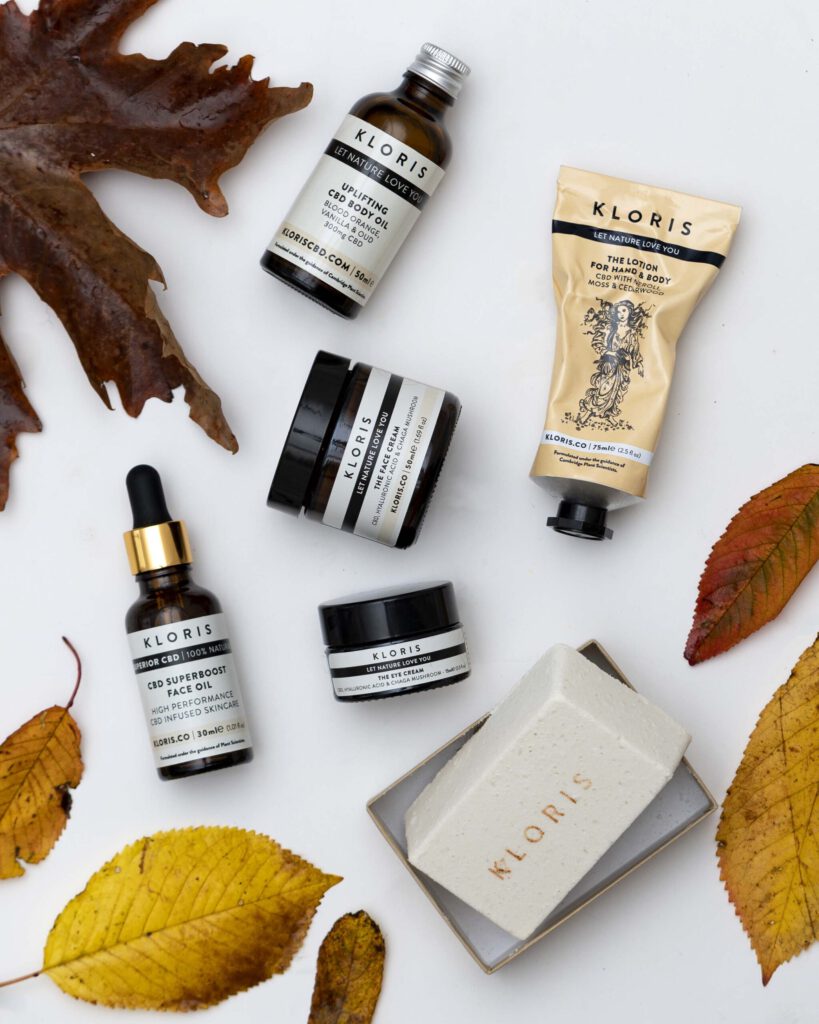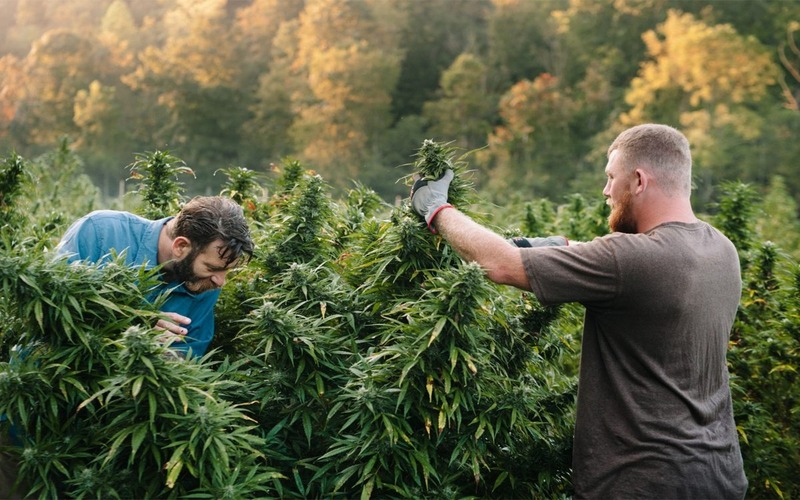A recent nationwide survey conducted by Canivate Growing Systems laid bare the new expectations of cannabis consumers: 64% of consumers are willing to pay more for cannabis that is grown organically with eco-friendly objectives.
Climate change was once a future concern that many industries were kicking down the road. But now, it’s an immediate crisis.
As a result, today’s consumer wants to know that the companies they buy from care about the future of the planet. Today’s consumer wants to hear about the commitment, the strategies, and the metrics that will drive change.
Consumers want companies that are walking the walk to make a difference.
But finding cannabis growers who are truly driven by those eco-friendly objectives — and not simply giving them lip service — is a formidable task.
Sustainable Cannabis Practices Are Still Rare
First, cannabis production overall is not as green and natural as many believe it to be. For example, a recent study set out to answer this question: “Which of the following — a joint, a beer, or a cup of coffee — is more damaging with regard to climate change?”
If the cannabis is grown indoors, the answer is the joint.
That’s what researchers at Colorado State University concluded when they conducted a study of cannabis greenhouse gas emissions.
In fact, the study found that indoor cultivation accounts for 1.7% of Colorado’s annual greenhouse gas emissions. Now, 1.7% might not seem significant, but coal mining produces the same percentage of the state’s gas emissions.
Commercial Cannabis Is Often Grown Indoors
Even in climates where outdoor growing is feasible, early policies that originally sought to facilitate regulation and guard against theft made indoor growing the only viable option.
But even when some of those policies have been lifted, cannabis growers have opted to remain indoors. Of course, cost is a factor, but this is happening for a variety of other reasons, including:
Appearance. Cannabis grown outdoors will not require fossil fuel-burning energy to heat, air condition, or ventilate the plants. However, the flowers and buds on plants grown outdoors tend to have a “rougher” look that is not as aesthetically pleasing to today’s consumer.
Consistency. Because of the unpredictable nature of nature itself, growers typically find it more challenging to produce a consistent product, which is also important to consumers.
Supply. Again, citing the unpredictability of outdoor conditions, growers are reluctant to leave their ability to produce multiple abundant harvests.
Consumers, activist groups, and regulatory voices continue to pressure cannabis cultivators to adjust their practices to become more sustainable and eco-friendly.
All three groups are sending a very clear message: For the cannabis industry to thrive, sustainable cultivation and manufacturing practices need to be incorporated. Not only because it’s the responsible way to operate, but because a growing number of consumers — and retailers — won’t tolerate anything less.
Understanding Greenwashing
With so many obstacles in the way, companies, whether they are growing the cannabis or ultimately selling the products, have some difficult decisions to make.
Among those decisions is how can companies satisfy the growing demand for eco-friendly and sustainable cannabis and remain financially viable?
One unfortunate answer is that some companies are regularly “greenwashing” their brand.
Think of greenwashing like a hotel labeling itself as “green” just because they provide an option to skip daily linen laundering.
How to Discern Greenwashing From True Sustainability
During the United Nations’ COP26 climate change conference in Glasgow, Scotland, world leaders recently met to address the elevated pace of worldwide rising temperatures and natural disasters.
Leaders are calling for more alignment between the often-competing interests of financial reporting with environmental, social, and governance (or ESG) reporting:
Among the mandates is a baseline of minimum standards that will enable a more direct line of sight into company practices.
One of the most significant objectives will be to make greenwashing much harder for companies to perpetuate.
A Company That’s Getting It Right
There are companies out there getting it right. One of them is Kloris.
Kloris is a cannabis retailer with a management team that made a conscious decision as they began their company to do things as sustainably and responsibly as possible.
Why? “We all have to take responsibility for the state of the planet and this has to be reflected in our actions,” said Pedram Mehrshahi, director at Kloris.

“You can’t look externally for change without first doing what’s within your own sphere of control. We were fed up with seeing products needlessly wrapped in single use plastic, or with excessive packaging designed to look pretty but that was a nightmare for the environment. Our mission is to be 100% plastic free very soon, we are currently sitting at around 98%,” Mehrshahi said.
Within the CBD area specifically, Mehrshahi said the market grew very quickly. Cheap brands flooded the market. These companies sell products that are poorly made, untested, and don’t deliver what they promise, especially in terms of the concentration and quality of CBD.
“We realized we needed to counter this with rigorously tested, high-quality products and that this could be done in an environmentally-friendly way,” Mehrshahi said.
Managing the Bottom Line
The company has managed to avoid financial turmoil largely because, from the very start, they built their environmental commitments into the business model.
By setting an authentic green and sustainable manifesto and performing due diligence from the get-go, the company works only with manufacturers and suppliers who share the same ethos when it comes to sustainability.
As a result, higher costs are more efficiently tolerated and absorbed across the supply chain. This kind of partnership is a game-changer.

Unwavering Commitment Is Key
What began over a meal discussing the many ways CBD was helping people — from anxiety and insomnia to menstrual cramps and backache — has evolved into a mission to bring ethical, reliable, and science-backed products to consumers.
The management team spent months on a global search for the purest CBD, cultivated in the most sustainable and responsible manner. With sustainability and efficacy at the forefront of the company’s purpose, Kloris is committed to harnessing the healing power of nature and combining it with ethical business practices that honor the earth.
Mehrshahi emphasized, “We see this as a never-ending journey. We’re always looking to do better, and so we will continue to evolve the business, our products, and processes as fast as we can.”
This article was first published in the winter 2021 issue of Cannabis & Tech Today. Read the full issue here for free.







